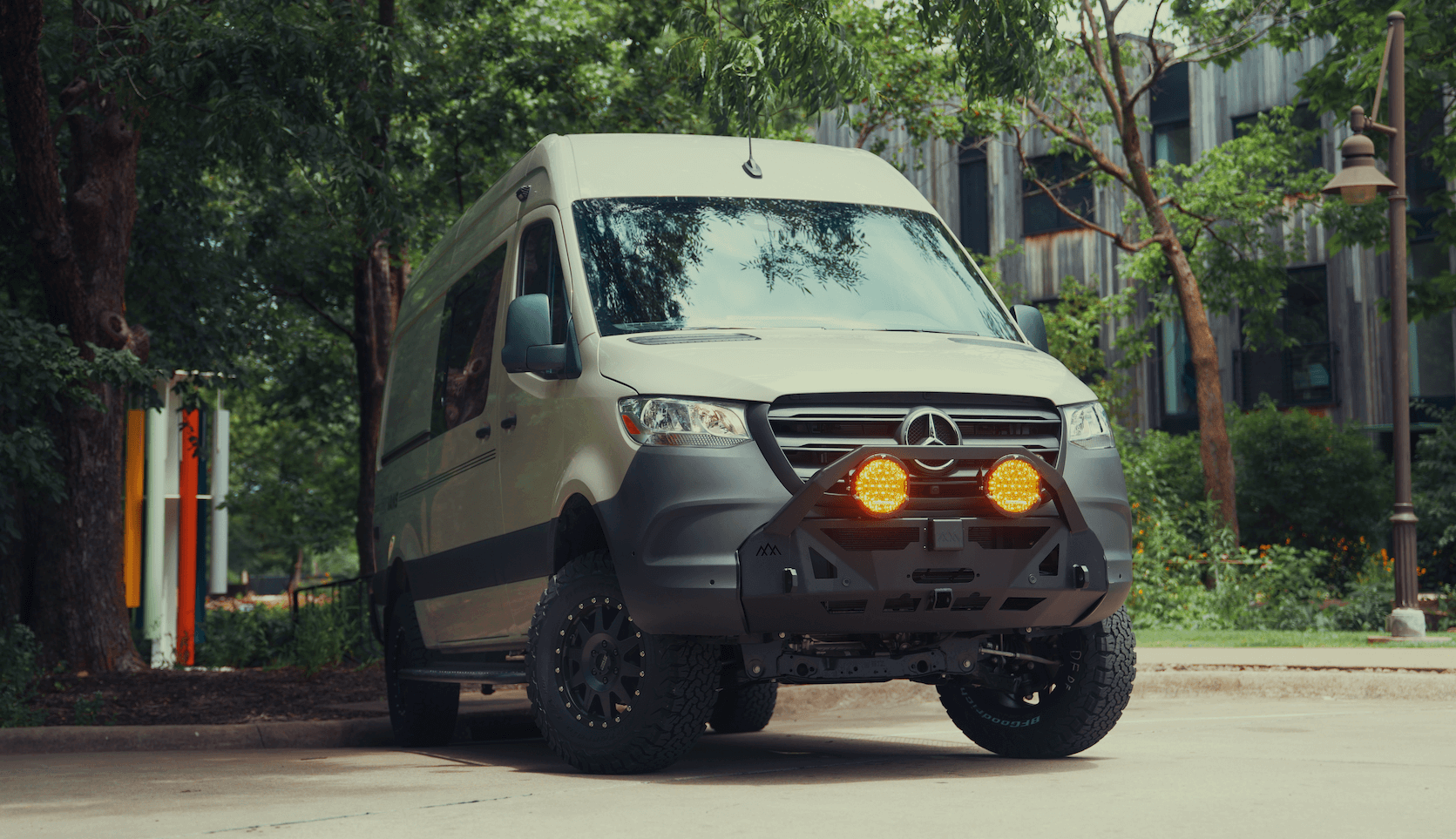Recreational Vans

In van circles, gas usually means propane, while gasoline fired heaters are a smaller niche. Diesel heaters burn the same fuel as many camper vans, tapping the vehicle tank through a metered pump. Propane heaters use portable cylinders or a permanently mounted tank with a regulator. Both options can deliver steady, dry heat when sized correctly and paired with good ventilation and insulation.
Modern diesel heaters are known for efficient burn cycles. They trickle fuel and regulate fan speed to maintain a set temperature, which keeps power draw low once the cabin is warm. Propane systems also convert fuel to heat efficiently and are prized for quiet operation. The actual warmth you feel depends on insulation, air gaps, door seals, window covers, and how fast the van loses heat when you open the slider. Sizing matters. Undersized units run flat out and create cold spots. Oversized units can short cycle and cause soot if they never reach a clean burn.
Fuel access shapes your decision as much as specs. Diesel is everywhere on interstates and in remote mountain towns serving heavy trucks. If your platform already runs diesel, sharing a single tank simplifies range. Propane is widely available too, from hardware stores to campgrounds, and you can swap bottles in minutes if your system is set up for portable cylinders. Gasoline heaters suit vans that run on gas and keep logistics simple for city travel, but they are less common and have fewer model choices.
Thin air changes combustion. Many diesel heaters include or support high altitude calibration that trims fuel to match reduced oxygen, which helps avoid sooting and rough starts in mountain towns. Propane heaters generally tolerate altitude well but still need proper intake and exhaust. Both types produce dry heat, which helps fight condensation on cold windows, yet cooking, breathing, and wet gear add moisture. Use window covers and crack a vent to keep air moving in damp conditions.
Any combustion heater needs correct installation, sealed exhaust routing, and ventilation. A carbon monoxide detector and propane detector are non negotiable. Diesel heaters may require periodic decoke runs at higher power to burn off buildup, especially after long low power operation. Propane systems need leak checks, regulator inspection, and attention to hose age. Clean combustion air intakes, keep exhaust ports clear of snow, and follow the manufacturer service schedule to protect both heater life and cabin air quality.
Upfront hardware pricing varies by brand and output. Diesel systems can cost more at the premium end, while propane installations vary widely based on tank choice and distribution ducting. Operating costs track fuel prices in your region. Over time, service access and parts availability matter. A clean install with accessible filters, tidy wiring, and service space saves hours when maintenance comes due. Good ducting and return air paths boost efficiency so the heater does not fight itself recirculating hot pockets.
Location dictates comfort. A low, central mount with short duct runs distributes heat evenly and protects the unit from road spray. Isolated fuel lines, correctly sized wiring, and rigid exhaust routing reduce issues. Intake air should draw from a clean, dry space. Return air needs a clear path so the heater measures real cabin conditions. Pair the heater with thermal window covers, insulated floor, and sealed door gaskets to lock in the gains.
Choosing between a gas heater and a diesel heater should match your platform, elevation plans, and how you travel. At OZK Customs, we design and install heating systems inside full builds and partial upfits, integrating fuel routing, electrical safety, and altitude friendly controls so the heat feels effortless. Explore our range of recreational vans to see how heating ties into power, storage, and sleeping layouts. If you want a ground up plan tailored to your routes and seasons, our custom build van page outlines how we approach a complete interior from insulation to airflow. Looking for a finance friendly platform to start with, then add heat and essentials, browse our mainstream vans options to align the chassis and the heating solution.
Ready for a warm, quiet cabin without guesswork. Tell us your typical overnight lows, primary fuel, and the van you drive. We will spec, install, and test a heater that fits your build and your season, then walk you through safe operation before handoff.
Ready to spec a heater that fits your van, routes, and season? Tell us about your platform and travel plans. OZK Customs designs and installs safe, efficient heating systems inside full custom builds or partial upfits. Start your build plan today.
ADDRESS:
6159 E Huntsville Rd, Fayetteville, AR 72701
PHONE:
(479) 326-9200
EMAIL:
info@ozkvans.com